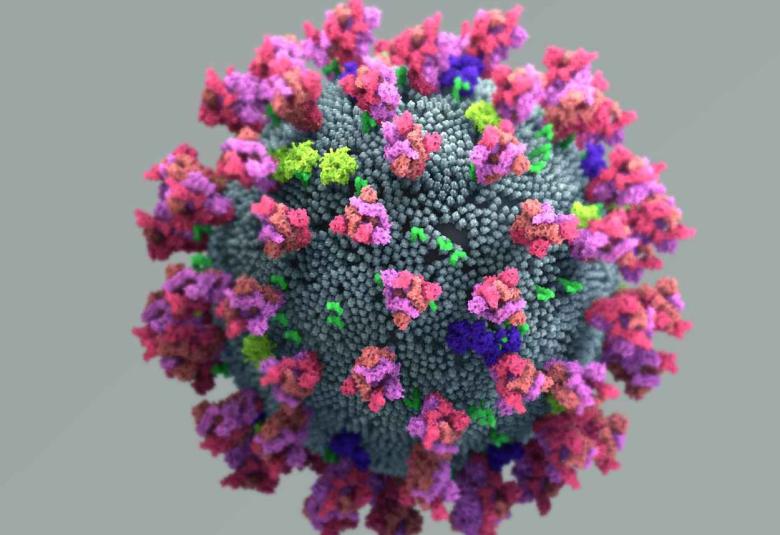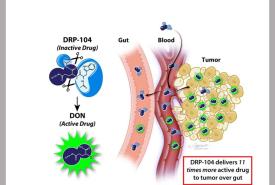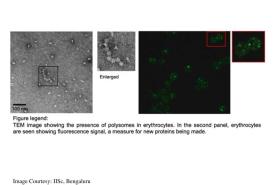Covid-19 : the Spike protein is no longer the only target
With the continuous emergence of new variants and the risk of new strains of the virus, the development of innovative therapies against SARS-CoV-2 remains a major public health challenge. Currently, the proteins that are on the surface of the virus and/or are involved in its replication are the preferred therapeutic targets, like the Spike protein targeted by vaccines. One of them, the non-structural protein Nsp1, had been little studied until now.


















